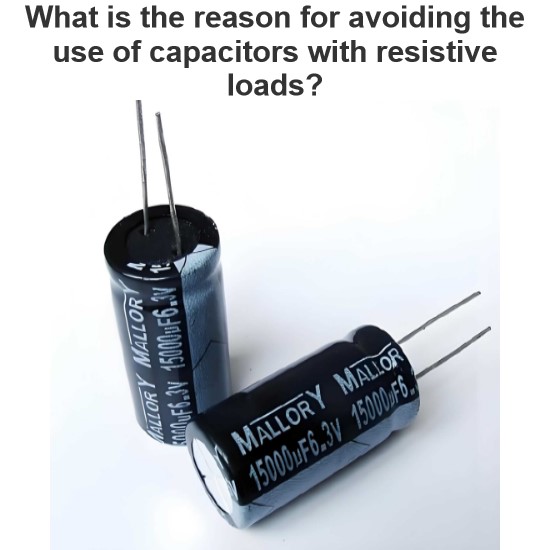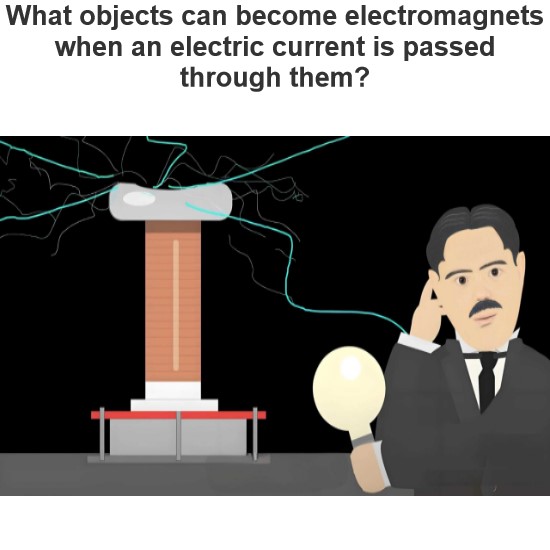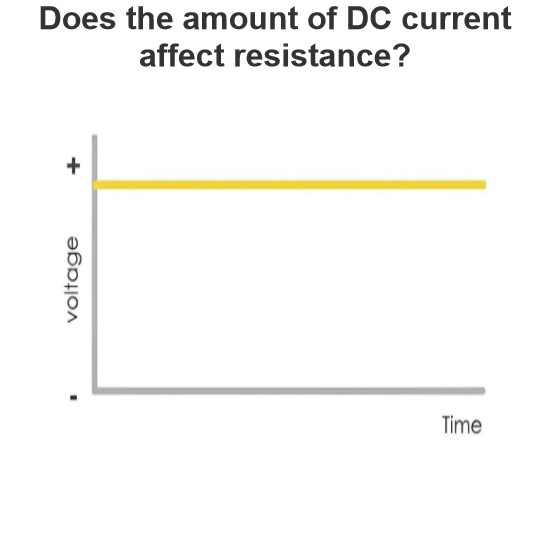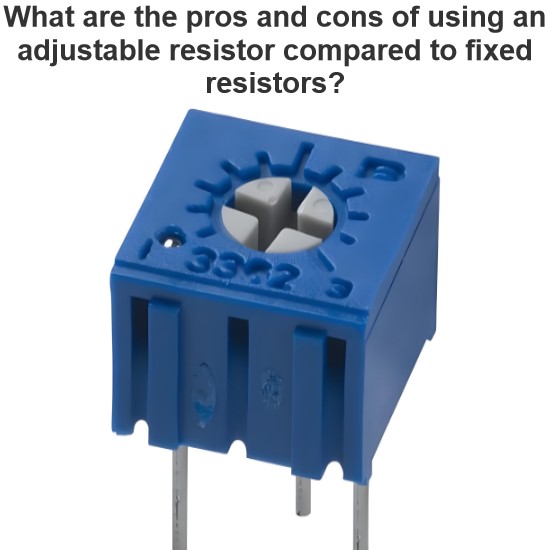What are the advantages of using potentiometers instead of resistors to regulate voltage in power stations?
Potentiometers and resistors are both components used to regulate the current or voltage in a circuit, but they work in different ways and application scenarios. In power stations and other applications where voltage needs to be regulated, the use of potentiometers instead of fixed resistors to regulate voltage has several potential advantages
Tunability: The potentiometer allows the user to adjust the resistance value within a certain range, thus achieving fine control of the voltage or current in the circuit. In contrast, the resistance value of ordinary resistors is usually fixed.
Flexibility: The regulation function provided by the potentiometer allows the operator to adjust circuit parameters in real time as needed, which is particularly useful in applications where dynamic voltage regulation is required.
Cost savings: In some cases, using a single adjustable potentiometer to regulate the voltage can avoid using multiple fixed resistors to achieve the same effect, potentially reducing the overall cost.
Simplified circuit design: The use of potentiometers can make circuit design much simpler, because there is no need to replace different fixed resistors to change the operating point of the circuit.
Easy commissioning: During the development or commissioning phase, potentiometers allow engineers to quickly adjust circuit parameters without having to replace hardware components.
However, it should be noted that in a large power system such as a power station, it is usually impractical to directly use a manually adjusted potentiometer to control the voltage, because the required adjustment range and accuracy usually exceeds the ability of ordinary potentiometers. In practical applications, the voltage regulation of power stations is more achieved through automatic control systems, which may involve more complex technologies, such as automatic voltage regulators, power electronics (such as static inverters or inverters), etc.
In addition, the potentiometer has its own limitations, for example, it may not be suitable for use in high-power environments, because its contact points tend to heat up and wear out faster. Therefore, in practical applications, the choice of which type of component to adjust the voltage needs to consider the specific requirements of the application scenario, including power level, adjustment accuracy, reliability and cost.
The Electricity Encyclopedia is dedicated to accelerating the dissemination and application of electricity knowledge and adding impetus to the development and innovation of the electricity industry.




